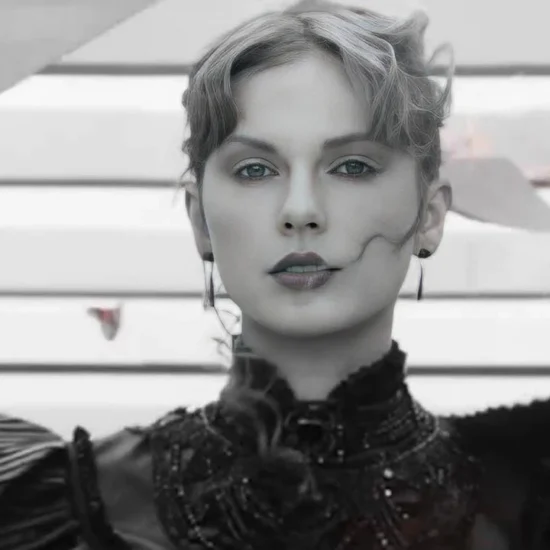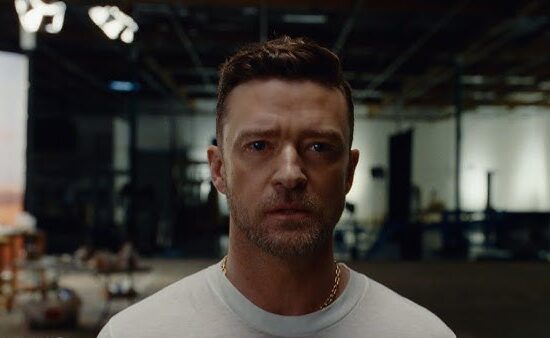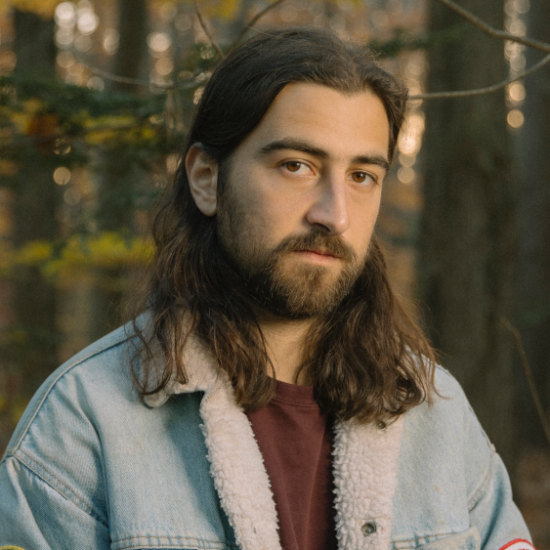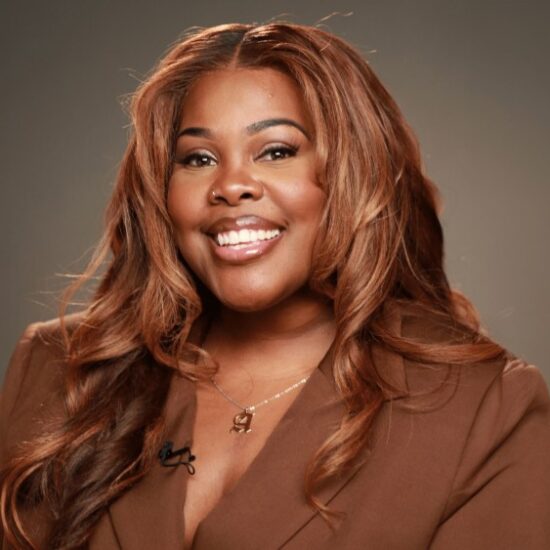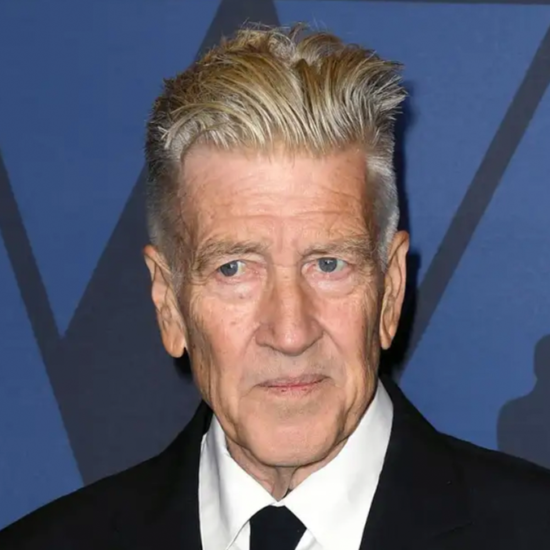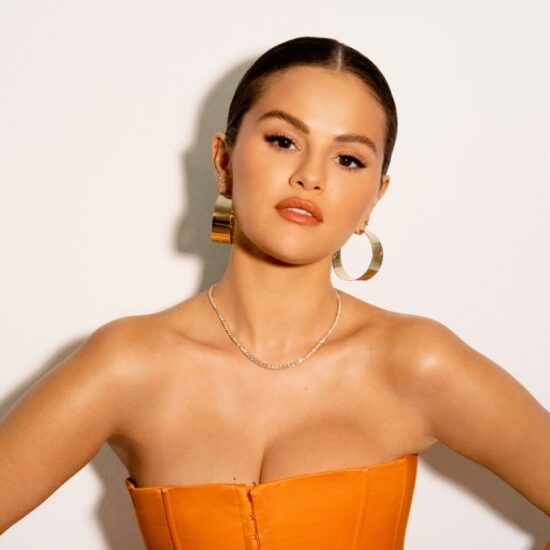
Louis Armstrong, David Bowie, Leonard Cohen, Selena Gomez, Sinead O’Connor and Tanya Tucker are the subjects of six separate 2022 music documentaries. But if you ask the directors behind each project whether or not they made a music doc, the answer is resounding no.
Instead, the music created by each legendary artist is used to draw viewers into a deeper story that goes beyond song.
Sacha Jenkins’ “Louis Armstrong’s Black & Blues” is a prime example. While Jenkins delves into the life and art of the legendary jazz performer, the director also explores America and race by examining the misconception that the New Orleans trumpeter didn’t do enough to support the civil-rights movement.
“The film is much more than a music doc,” says Jenkins. “Music is a great portal into larger conversations because music is always a reflection of and a reaction to the environment, particularly with Black artists in America. So, with an Armstrong film, music of course is an important part of it, but you have to be able to understand what inspired the music. And so, it’s the environment, the climate in America, race; all these things that he was dealing with is really, to me, what the larger theme of the film is really about.”
Although Kathryn Ferguson made “Nothing Compares,” a film about Sinead O’Connor, she, like Jenkins, does not consider the film “a regular music documentary.”
“It was of utmost importance for me to really deep dive into socio-political themes and the history of Ireland and its treatment of women,” says Ferguson. “The music is of course one of the key components [of the film] but it’s really about how [Sinead] used her songwriting, her voice and her activism to be who she became and how she used her power when she had it.”
Similarly, country music icon Tanya Tucker didn’t adhere to the ways in which women were supposed to behave in the music scene, which in turn helped marginalize her career. In Kathlyn Horan’s “The Return of Tanya Tucker, Featuring Brandi Carlile” Tucker comes out of semi-retirement to record her first album in 17 years with the help of Carlile.
Horan says that she sees Tucker’s music as “the Trojan horse that gets you into the story.”
“The film sheds light on feminism in the Deep South and also explores Brandi and Tanya’s evolving relationship,” says Horan. “Both are artists and changemakers but in different ways. We live in a world that tells us there are more barriers between us than there are pathways to each other. I hope this film inspires people to see the pathways to build community, particularly among women.”
While Isabel Castro’s “Mija” doesn’t feature a musical star as Tucker or O’Connor do, the Sundance doc focuses on two women working in the music industry who are both the daughters of undocumented immigrants.
“Immigration is a very divisive topic,” says Castro. “Music is a very universal language by which we can explore different, difficult topics. It’s accessible and it carries so much emotionality. So often music can be used as a way into exploring bigger questions and topics like immigration without being so on the nose about it.”
Every year docs about musicians, whether they are concert films, career chronicles or portraits of artists, are made. In addition to universality, Daniel Geller, co-director of “Hallelujah: Leonard Cohen, a Journey, a Song,” says that the subgenre maintains its popularity because certain music lends itself to a built-in audience.
“If the audience recognizes the songs or the songwriter, you don’t have to try to win somebody over and I think that helps you find an audience pretty quickly,” says Geller.
Geller and Dayna Goldfine’s “Hallelujah: Leonard Cohen, a Journey, a Song” focuses on Cohen’s “Hallelujah,” which is familiar to many. But the directing duo hopes audiences who came for the music walk away from their film thinking about more than one successful song.
“There’s nothing wrong with being a music documentary,” says Goldfine. “But we were trying very much from the beginning to look at Leonard Cohen, the man, and look at his spiritual journey through the prism of this one song and not have it be just your typical music doc. For instance, we don’t start with the trope of a montage of all the greatest moments of the song ‘Hallelujah,’ or other musicians or critics talking about why Leonard was so wonderful. We really try to clue the audience in from the beginning to the idea that this is a spiritual journey, and we are using this one song as a way in.”
Alek Keshishian didn’t have any problems finding an audience for his seminal 1991 music doc “Truth or Dare”: The film chronicled Madonna and her dancers during her 1990 Blond Ambition world tour. Thirty years after directing “Truth or Dare,” Keshishian signed on to make “Selena Gomez: My Mind & Me.” But unlike “Truth or Dare,” “My Mind & Me,” isn’t a concert film. Instead, the 96-minute doc is a six-year journey with Gomez as she navigates the pressures of fame while facing struggles with lupus, depression and anxiety.
“ ‘Truth or Dare’ and ‘My Mind & Me’ are very different films, but their connection is me and my own evolution as a human being and as a filmmaker,” says Keshishian. “I made ‘Truth or Dare’ when I was 24 and I think, like Madonna, I was swept up in the sparkle and the positivity generated by fame. Thirty years later, with life experience, I had the opportunity to examine the darker sides of fame and celebrity in ‘My Mind & Me.’”
Keshishian was clear from the get-go with Gomez and her team that he did not want to make a music marketing doc meant to revive a career or boost the sales of an artist’s latest album.
“When I agreed to make this movie, it was because I knew that there was a larger point to it than just massaging the Selena Gomez brand,” says Keshishian. “What intrigued me was whether I could give the audience an experience of the chaos of being on a world tour performing every night with all that perfection and contrast it with the almost violence that is happening as [Selena] is stepping out and the world with the paparazzi and the crowds. I wanted to show how that dichotomy impacts a person. So life on stage was definitely a component to show that contrast.”
Another helmer who doesn’t categorize his film as a music doc is “Moonage Daydream” director Brett Morgen. An immersive doc about David Bowie, Morgen says “a tremendous amount of energy was invested, towards trying to position ‘Moonage Daydream’ in the marketplace as something other than a music documentary.”
“My concern was that if someone showed up thinking that they were going to have information presented to them in the way that we associate with that word — music documentary, which is a film that follows the musical biography of an artist — they would be disappointed,” Morgen says. “That’s what most of us have come to expect from a ‘music documentary,’ in part due to the success in the nineties of “Behind the Music,” which really defined for generations a music doc. We are at a very interesting moment right now where this genre is about to open up due to technological advances that have made films like ‘Moonage Daydream’ possible in ways I don’t think they were before.”








